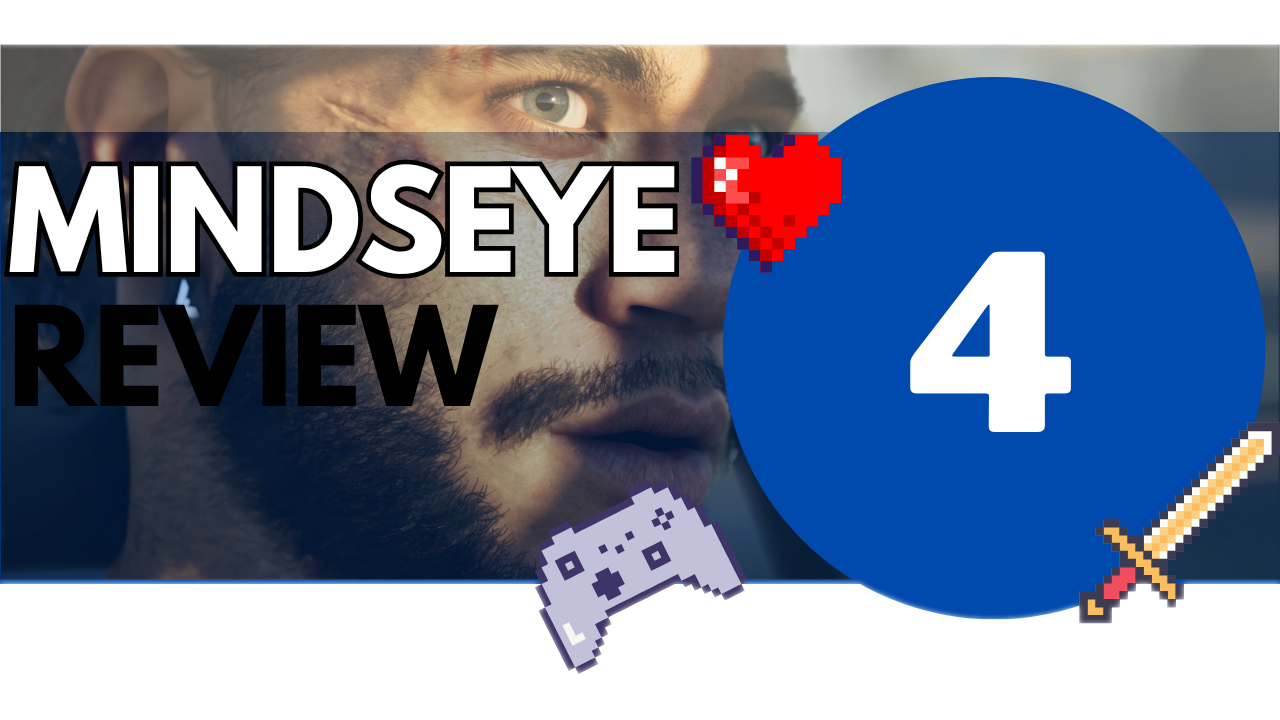Mindseye Review
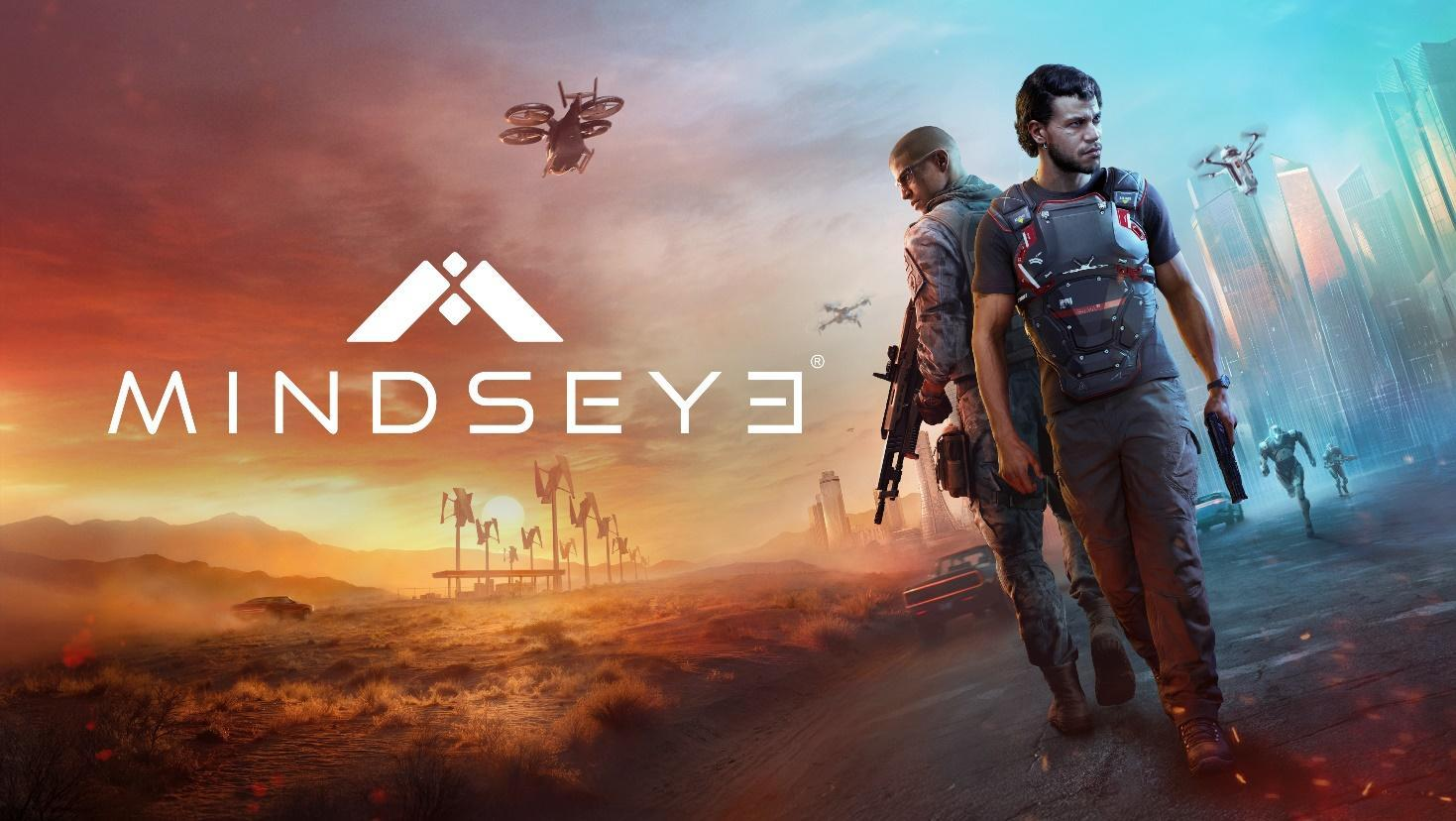
In a year overflowing with ambitious sci-fi games, Mindseye should have stood out. A near-future dystopia. A protagonist with a neural implant. A world governed by algorithms and unchecked military power. It had all the ingredients for a thought-provoking action thriller. But instead of firing on all cylinders, Mindseye stalls out early and never recovers.
Released with barely any promotion and surrounded by early previews pleading for a delay, Mindseye arrives not with a bang, but a shrug. What could’ve been a compelling blend of narrative-driven action and speculative science fiction becomes a bland, buggy, and baffling 10-hour grind.
A Promising Premise That Goes Nowhere
You play as Jacob Diaz, a former soldier suffering from selective amnesia due to a neural implant known as the Mindseye. It’s a solid sci-fi hook: a man caught in the crosshairs of his corrupted memory, on a journey that begins personal but quickly shifts into a global conspiracy.
The problem? The story goes nowhere meaningful. While the narrative gestures at rich, topical themes such as surveillance states, predictive policing, and militarized AI, it merely name-drops them as window dressing. Rather than digging into these complex ideas, Mindseye sweeps them under the rug in favour of tired genre tropes and predictable character arcs.
What could have been a tense exploration of memory and identity in a near-future world instead dissolves into a derivative third-person shooter with no real stakes or emotional impact. Even Jacob, our hero, is painfully generic, defined more by the plot moving him from point A to B than by any real personality. His motivations never deepen. His interactions never evolve. And when twists do arrive, they’re delivered with the weight of a paper airplane.
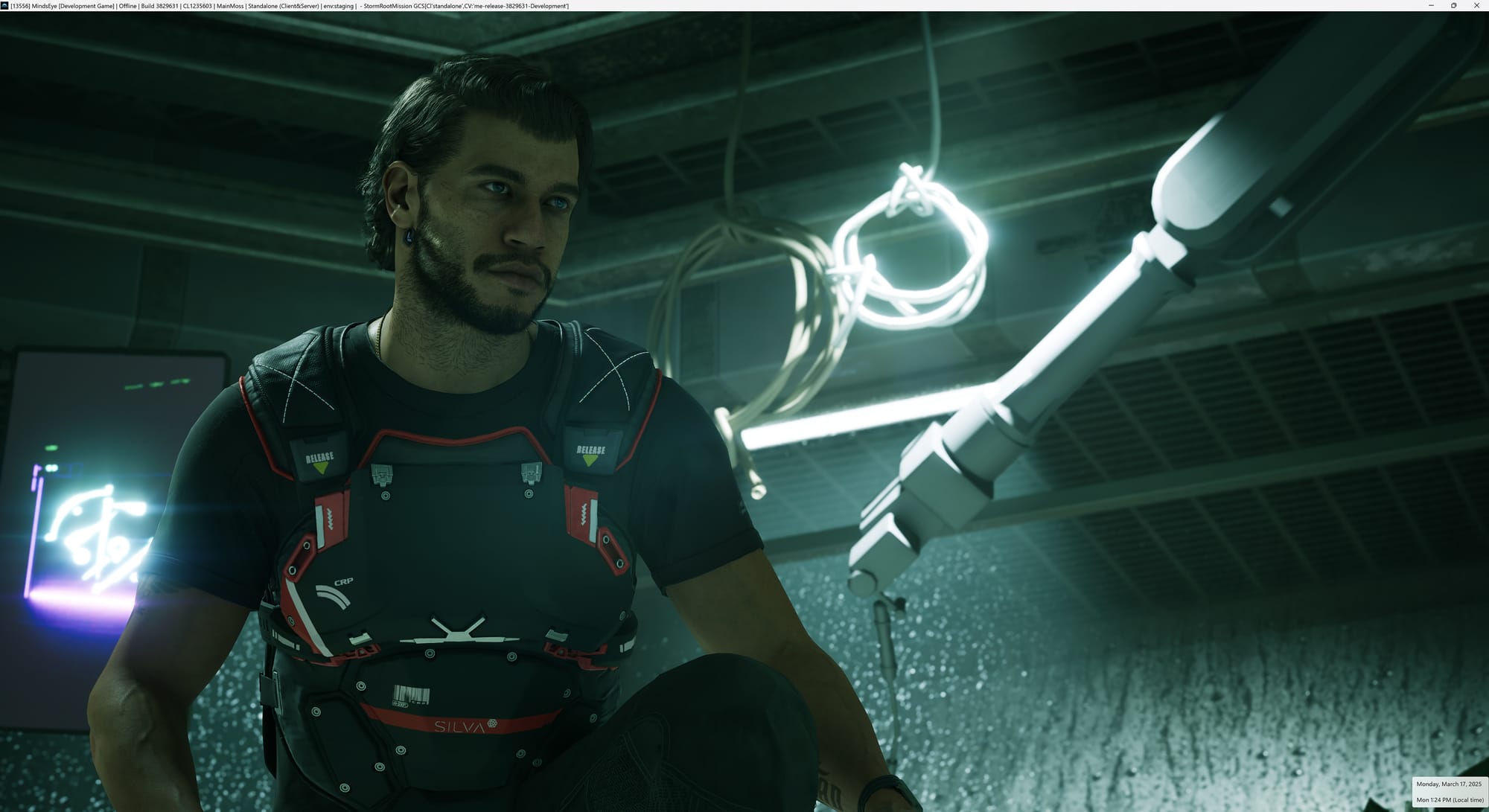
A Game That Plays Like It’s Stuck in 2010
Mechanically, Mindseye is a throwback—but not in a good way. The core gameplay loop blends linear cover-based shooting, rudimentary stealth, and sloppy driving sections. It never manages to make any of these elements feel satisfying or polished.
- Combat is weightless and repetitive, with the same handful of enemy types recycled ad nauseam.
- AI is laughably poor, with enemies often standing in the open or charging directly into gunfire.
- Driving segments are stiff, floaty, and feel like afterthoughts.
- There’s no upgrade system, no meaningful progression, no abilities to evolve your playstyle over time. What you see in the first two hours is what you get until the credits roll.
Even side mechanics like stealth feel undercooked. You’ll tail enemies, duck behind crates, and awkwardly shuffle your way through levels, often unsure if the enemy saw you or if the game just forgot to code detection logic properly.
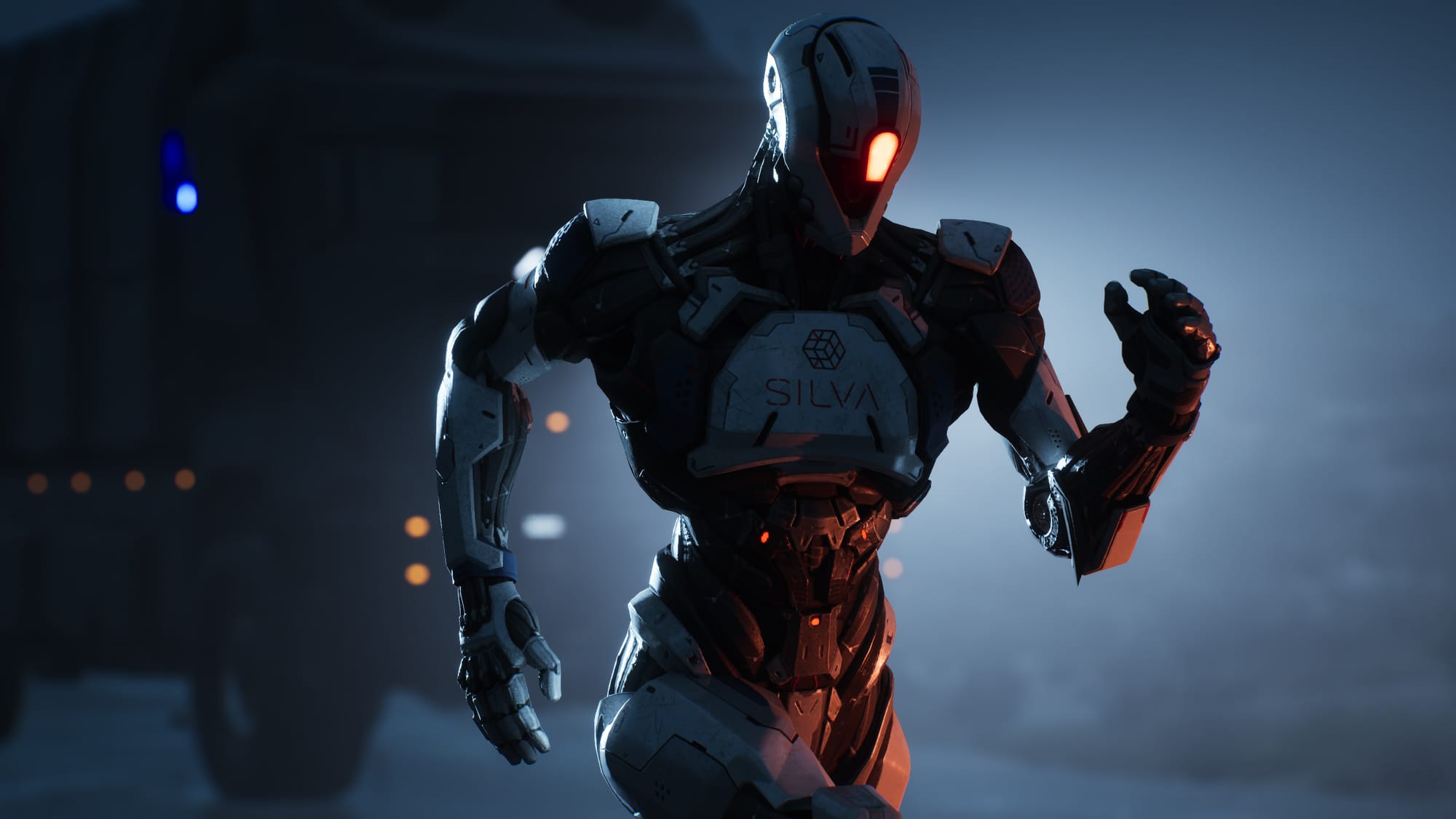
A Hollow World
For a game set in a futuristic city governed by authoritarian technology, Mindseye’s setting is eerily lifeless. The world is visually impressive at first glance, with sleek architecture, detailed character models, and high-quality cutscenes. But all of that veneer hides an empty shell.
- The city feels like a movie set, not a living world.
- NPCs are sparse and non-interactive.
- Environmental storytelling is minimal to nonexistent.
- There’s no exploration or incentive to stray from the main path.
It’s a missed opportunity. When a game leans heavily on its atmosphere to sell immersion, it has to deliver a world that feels inhabited. Mindseye doesn’t. It feels like the result of a rushed production—pretty to look at, but void of life, detail, or engagement.
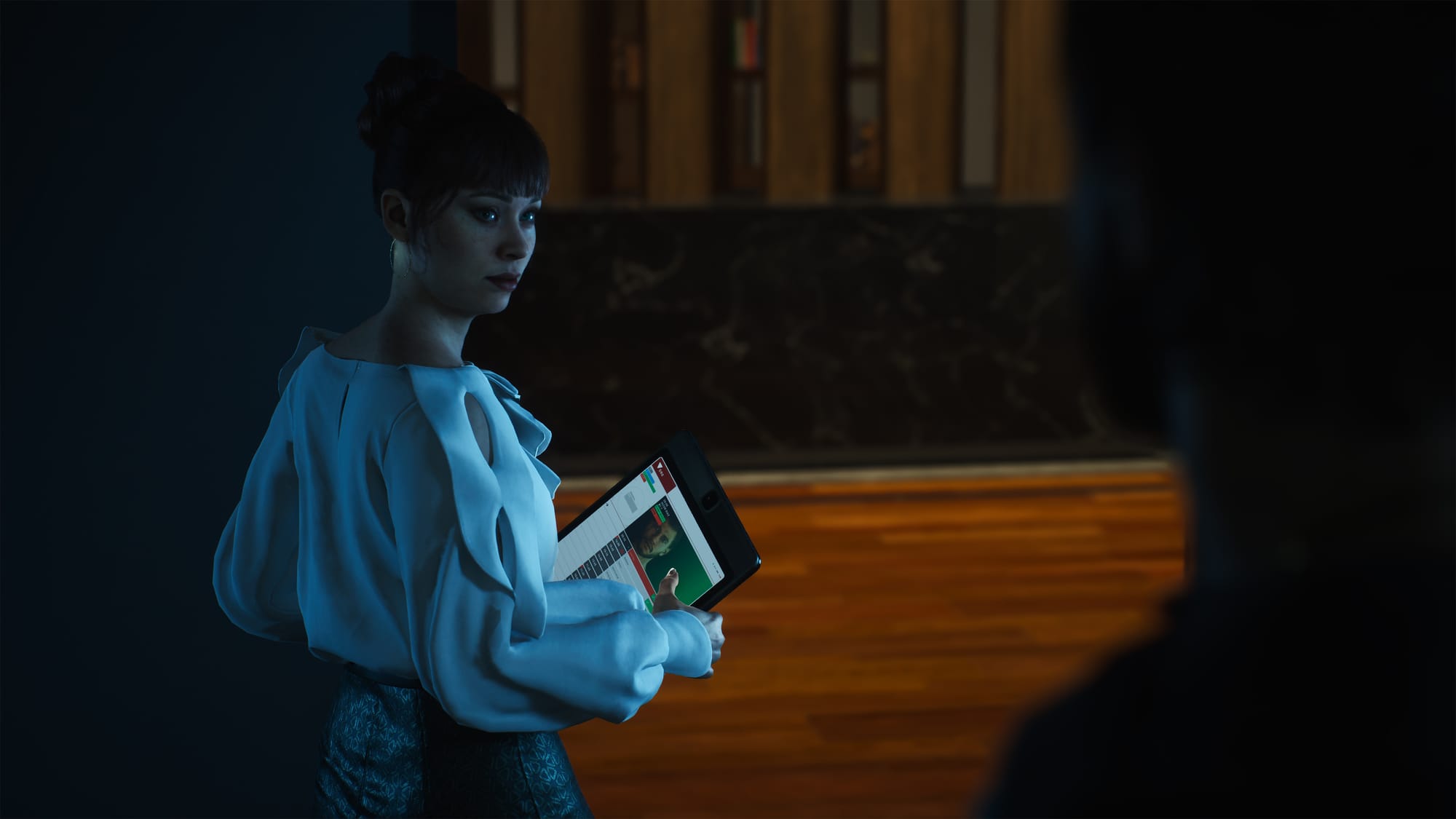
The Final Blow: A Botched Ending
As if the journey weren’t underwhelming enough, Mindseye ends with a conclusion so abrupt and tone-deaf that it borders on parody. Without spoiling anything, let’s just say the final moments lack not only closure but coherence. After investing hours into a sluggish campaign, you're rewarded with a finale so sudden and nonsensical, it’s hard not to laugh out of sheer disbelief.ra
The Only Bright Spots
To be fair, Mindseye isn't without a few redeeming qualities:
- The voice acting, particularly in cutscenes, is strong. The cast does well with the material they’re given.
- Cinematic presentation can shine in brief moments. The game’s cutscenes look polished, and some sequences aim high even if they don't always land.
- The game runs reasonably well on PC, with no major performance issues aside from bugs and design flaws.
But even these strengths can’t elevate the overall experience. Strong visuals and voice acting can’t carry a game when the gameplay is bland, the world is lifeless, and the story goes nowhere.
A Mind Best Left Untapped
Mindseye wants to be a cyberpunk thriller. It wants to challenge players with ideas about AI, control, and identity. But instead of exploring those themes with depth and care, it trades them for predictable set pieces, forgettable characters, and unremarkable gameplay.
There’s a great game buried somewhere deep in Mindseye’s concept. But what shipped feels like a mid-generation Xbox 360 game, not a modern narrative-driven experience. It’s not offensive or broken beyond repair, it’s just unambitious, uninspired, and instantly forgettable.
